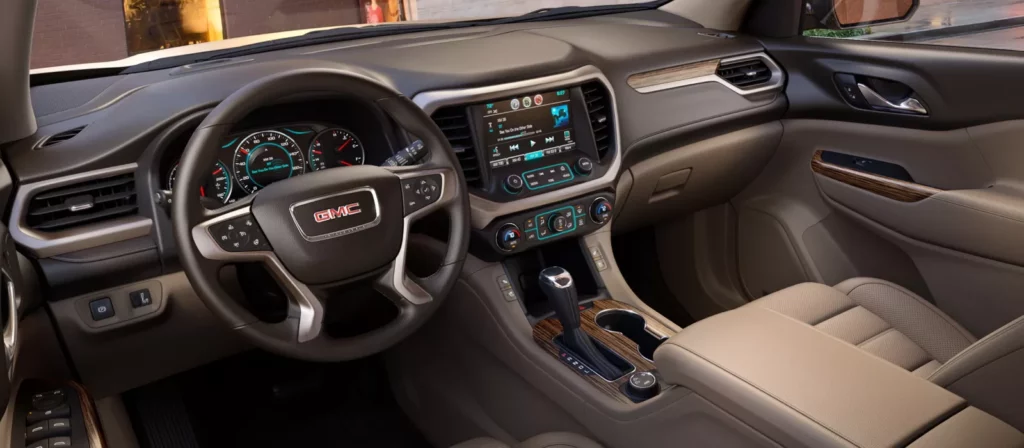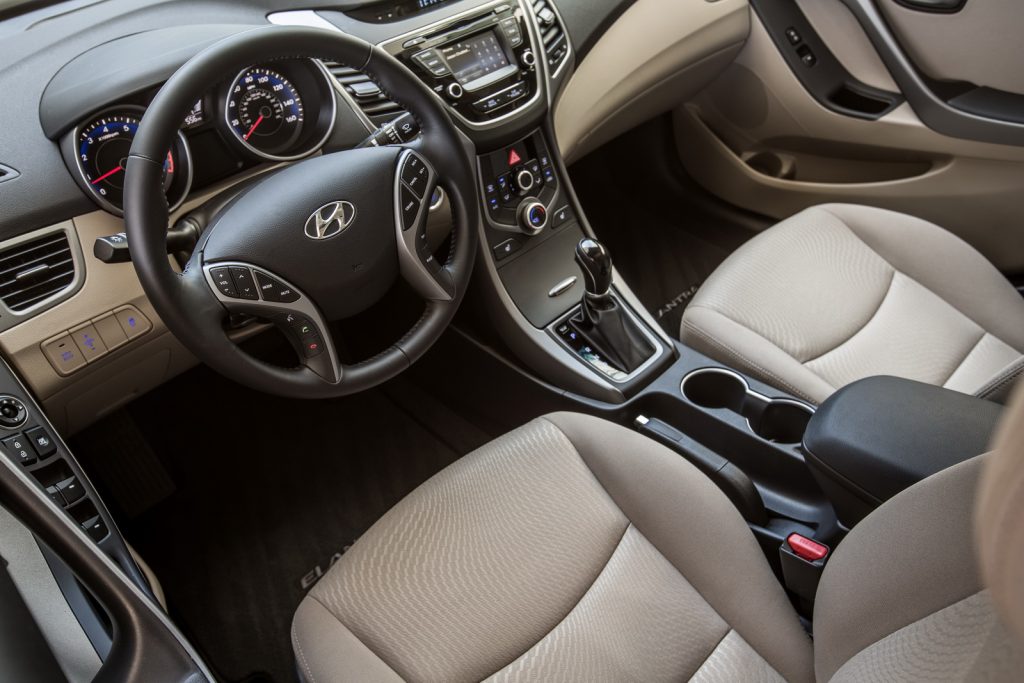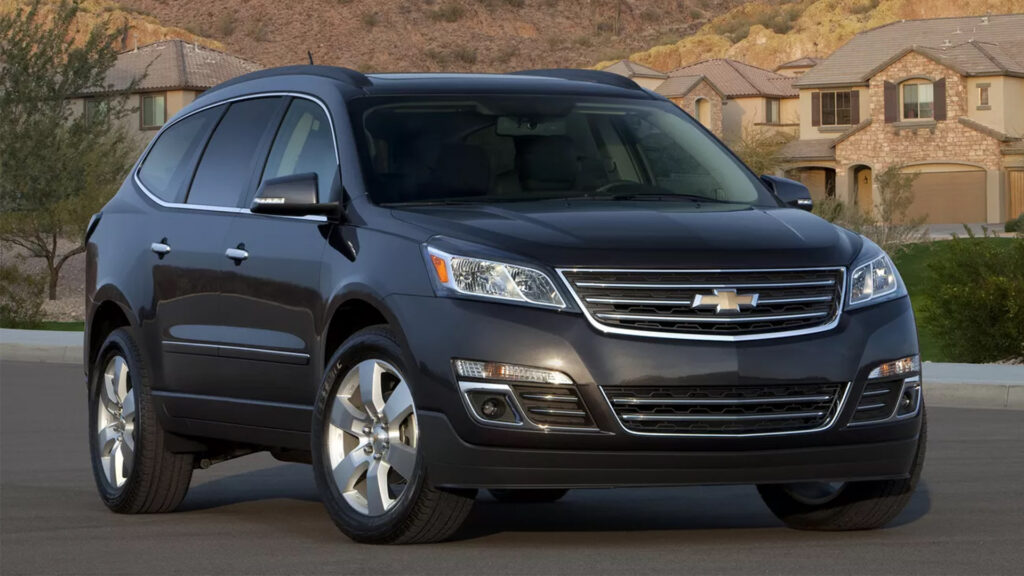The National Highway Traffic Safety Administration (NHTSA) believes that as many as 52 million airbag inflators should be recalled in the United States as they contain a safety defect not dissimilar to the infamous airbag inflators manufactured by Takata.
The airbag inflators in question were produced by ARC Automotive and Delphi Automotive between 2000 and 2018. The NHTSA asserts that these inflators could rupture when the vehicle’s airbag is commanded to deploy and that this could cause metal debris to be “forcefully ejected into the passenger compartment of the vehicle.” A report from NHTSA has revealed that at least seven people have been injured and one person has been killed due to the rupturing air bag inflators.
Some twelve different car manufacturers used the airbag inflators in question in their models between 2000 and 2018. These consist of BMW, Fiat Chrysler Automobiles, Ford, General Motors, Hyundai, Kia, Maserati, Mercedes-Benz, Porsche, Tesla, Toyota, and VW Group.

Representatives from NHTSA told a public hearing earlier this week that a recall should be issued for the airbag inflators. Approximately 11 million of them were produced by Delphi while the remaining 41 million inflators were manufactured by ARC. The NTHSA had demanded a voluntary recall in May but ARC rejected it and now, the agency is taking the steps that could allow it to force a recall.
Read: U.S. Wants To Recall 67 Million Airbags, Supplier Disagrees
The NHTSA believes that the ruptures could occur if weld slag of a sufficient size produced by friction during the welding manufacturing process becomes dislodged. If the weld slag does become dislodged then it could block the inflator exit orifice when the airbag deploys, leading to over-pressurization and rupturing the inflator.
Reuters reports that at least 20 million vehicles produced by GM have the suspect inflators. The car manufacturer does not believe the evidence presented by the NHTSA provides the basis for a sweeping recall. Additionally, ARC vice president Stephen Gold says the incidents were “isolated” and “not indicative of a systematic defect.” He added that setting a low threshold involving just seven incidents out of 52 million vehicles “is unprecedented in the history of the NHTSA…and will have deep consequences for the auto industry.”




